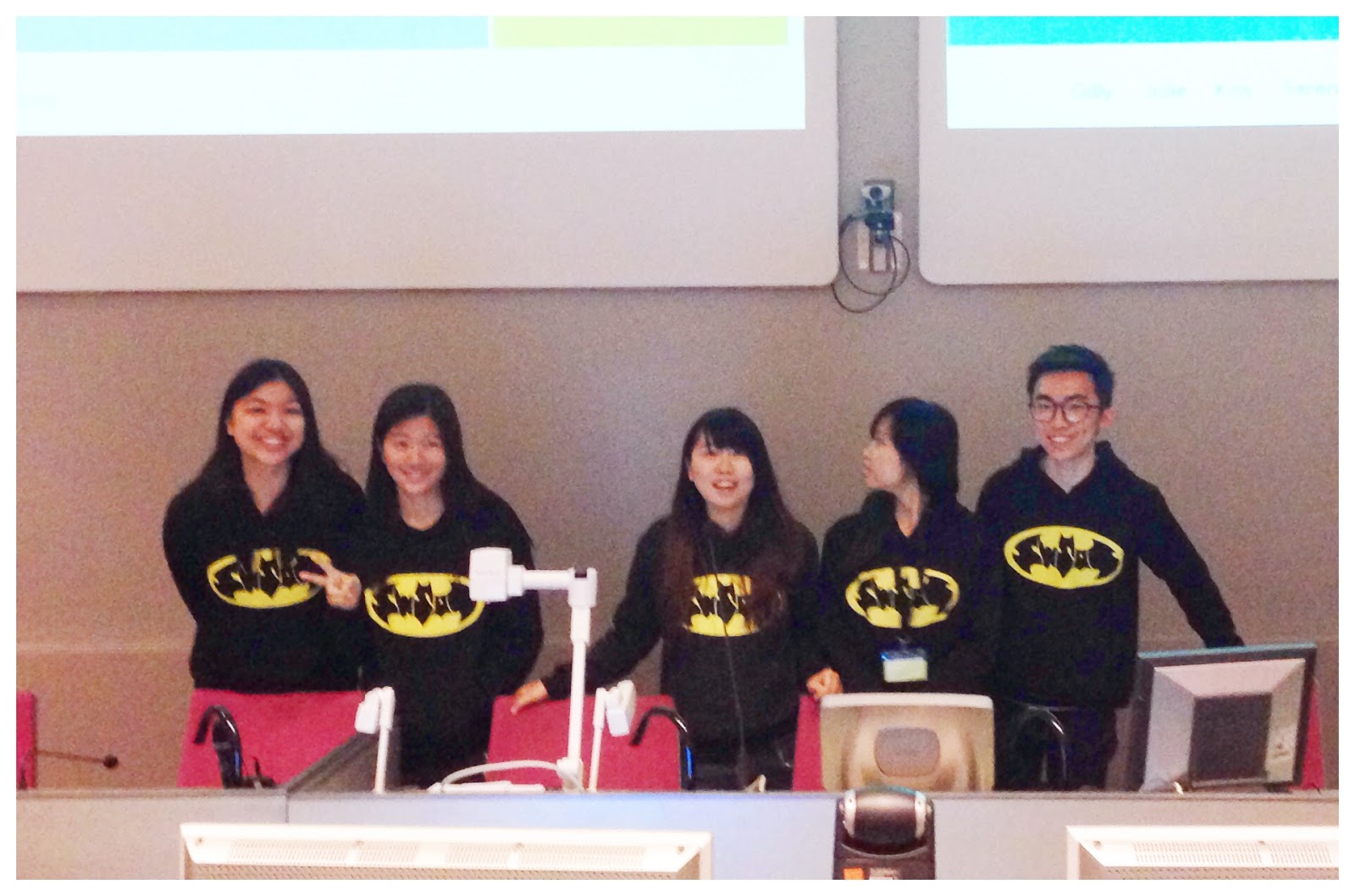Lectures of the last day of the summer school were provided to us by Heather Ottaway from the University of Cardiff, Wales and Svajone Mikene from the University of Mykolas Romeris, Lithuania. Ottaway talked about risks in the child protection. People's understanding about risk has changed over time. A Globalisation of the world has changed the nature of the risks and the way of people reacting to them. People don’t trust professionals such as social workers as tight as before. In the globalizing world, the social worker must be well aware of the society around him or her when assessing the risks. That’s because the risks are placed in social, historical and cultural contexts. For example, children’s working is seen as the risk in western countries but in some societies it is taken as a necessity.
The second lecture to us, the summer school students, was offered by Svajone Mikene from the University of Mykolas Romeris, Lithuania. The topics of her lecture were an identity and a professional identity. The identity means the person's own understanding about whom he or she really is. People have many identities tied to their contexts. One of these is the professional identity. The identity, including professional, changes and develops in their contexts. For example, the social worker's professional identity shapes among environments and the work experience.
On Friday, we had six student panels from different countries. The presentations were offered by the UK, Swaziland, the Czech Republic, Pakistan, Zambia, Nepal and Japan. The students reported on their presentations about their societies, social problems and social work. The societies and social security systems of Swaziland, Pakistan, Nepal and Zambia are certainly the most different from ours. Society of Pakistan is affected by the state religion, Islam. In Swaziland, Zambia and Nepal the lack of the resources of the societies affects the well-being of citizens. The student of South African’s Swaziland told us how 43 percent of the citizens of their society are chronically poor. The State and the government of Swaziland don’t have effective structures to repair and to control these things. Social work in Swaziland is still a developing profession and there are only six social workers in the country! Lack of money has complicated the Nepalese life, too. Nepal is patriarchal society where there is a lot of gender-based discrimination, domestic violence, trampling of the children’s and women's rights, plenty of involuntary abortions, marriages tied at very young ages and human trafficking. In the presentation of the student of Zambia, the topic was social problems faced by elderly people. They very often face poverty, abuse, lack of social protection and discrimination. Social work could help those elderly people by providing them free healthcare and homes.
The United Kingdom, the Czech Republic and Japan seemed to have quite well-developed social security systems. In those countries, also a role of the social work is more stabilized than in the countries that I have considered before. The topic of the student panel presentation offered by the UK was learning difficulties in England. This is an important issue in England where up to 905 000 citizens have some kind of learning difficulties. Social Work helps people with learning difficulties assessing their needs and sharing payments so that these people can buy supporting services to themselves. Nowadays the UK has begun to pay more attention to the treatment of people with disabilities. For example, they have given more regulations to the physical interventions, the controlling of hospitals has been tightened up and generally thinking that home care is the best place for disabled people has risen.
Especially, from the presentations of the Czech Republic and Japan I found things that Finland could learn about. The major in the Czech social security system is a special protection for people with disabilities in the labour market. Employers must provide the sheltered works for disabled people. This kind of system would maybe solve the problem of the social exclusion that also Finnish disabled people usually face. Japan, in turn, seemed to be the empire of the elderly people! Like in Finland, population of Japan is aging rapidly. The percentage of elderly people is high, so the care of the elderly -related issues are an important part of the social policy. In Japan, the elderly are very often at work. The resources of the elderly people are utilized by supporting the interaction between generations. Japanese student showed us a video clip, where the elderly were taking care of the children in the playschool. I think that Finland would have much to learn from the Japanese way to relate to their elderly people. Their resources should be recognized and they should not be seen only as a burden of the society.
The lecture week of the 17th international summer school in social work ended at the participants' grateful thanks and the students getting their certificates. Also I want to thank all of the students, the lecturers and the organizers! We are the ones who can make a better day.
Tea Romppainen
Student from the University of Lapland


